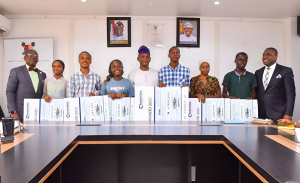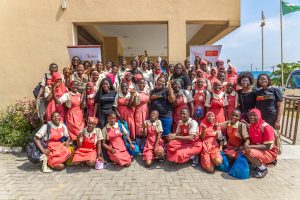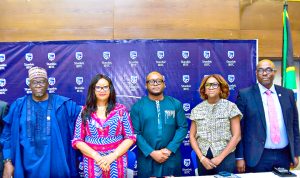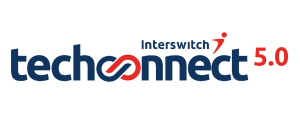African private sector and philanthropic leaders launch landmark coalitions to address Africa’s learning crisis
As aid for Africa’s education sector declines, African countries, philanthropists and private sector leaders commit to ensuring every child acquires the essential foundational learning skills essential for future learning and success.
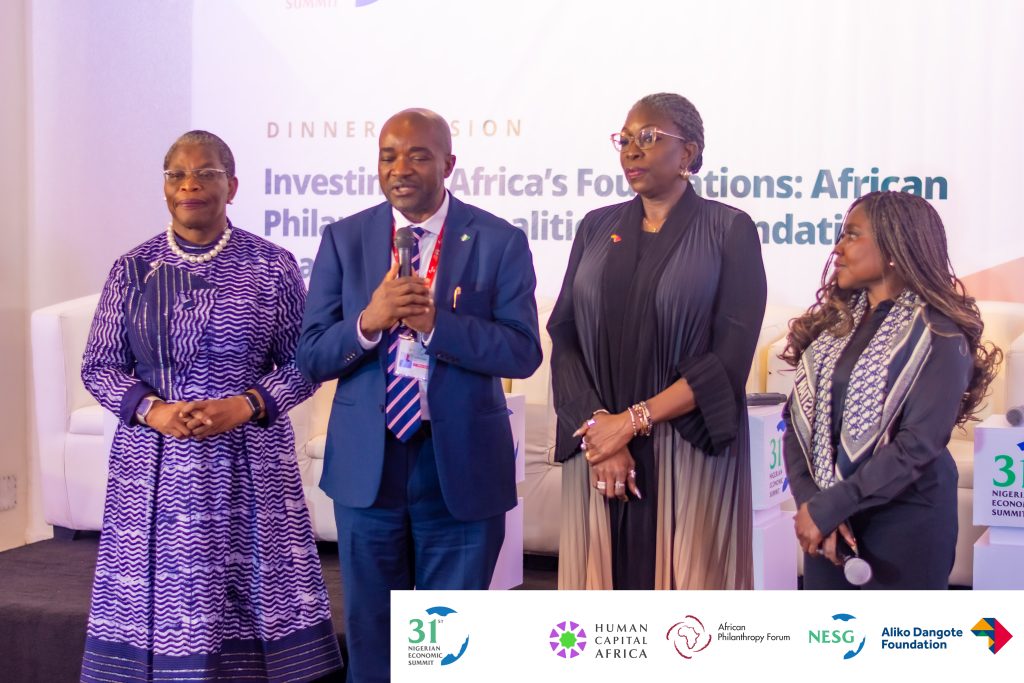
Human Capital Africa (HCA), The Nigerian Economic Summit Group, The Aliko Dangote Foundation and the African Philanthropy Forum today launched two high-level coalitions to drive collective action to overcome the learning crisis in Africa.
-
The African CEOs’ Coalition for Foundational Learning will bring together private sector leaders to tackle the learning crisis, harnessing their influence, networks, and corporate capabilities to strengthen delivery, shape policy, and build the skilled workforce Africa’s future demands.
-
The Africa Philanthropy Coalition for Foundational Learning will combine the collective influence, expertise, and resources of Africa’s growing philanthropic sector to increase the resources available to catalyse and deliver proven, African led solutions.
The launch event took place at a high-level dinner at the Transcorp Hilton Abuja to mobilise urgent action from African stakeholders to deliver African-led solutions to address the continent’s learning crisis. Across Sub-Saharan Africa, nine out of ten children cannot read and understand a simple text by the age of ten. This is one of the highest rates of learning poverty in the world, and it is not just an education challenge. It is a human capital emergency.
That emergency is made even more acute by recent changes in the global funding landscape for education. Between 2023 and 2026, global education aid is projected to decline by US $3.2 billion, a 24 percent drop. In West and Central Africa, funding could fall by 25 percent, and by 28 percent in Eastern and Southern Africa.
At the dinner, leaders focused on practical steps needed to deepen collaboration and partnerships between African stakeholders to fill the education finance gap and scale up the African-led solutions that are demonstrating strong progress at country-level.
Opening the conversation, Dr. Oby Ezekwesili, Founder and CEO of Human Capital Africa said: “We are here with the conviction that Africa led philanthropy and private sector leadership can change the trajectory of education on our continent. They must become active participants in the process of fixing this time bomb. It is a solvable problem if we work together.
The message is clear: we can no longer depend on others to solve this challenge for us. Africa must lead, by mobilising domestic resources, designing solutions for our contexts, and building powerful partnerships that put foundational learning at the centre of our development agenda.
In his remarks, Chairman of the Nigerian Economic Summit Group, Niyi Yusuf said: “As business leaders it is in our enlightened self interest to ensure our populations become a productive and innovative working class that can think, but most importantly thrive. When the foundation is weak, there is only so much you can build on top. By 2050 Africa will have 2.5 billion people, and the majority of them will be young people. They are not just the workforce of the future, they are the consumers of the future. If they can’t produce quality. If they can’t earn properly. They cannot consume. As the NESG, we would like to publicly commit to this work on foundational learning. The journey starts today.”
Zouera Youssofou, the CEO of the Aliko Dangote Foundation, endorsed the African Philanthropy Coalition on Foundational Learning, saying: “If you don’t get foundational learning right, nothing else will matter. That is the message that we need to keep repeating. We all know it. But we are not paying enough attention and we are not investing enough in it.
African philanthropies are in Africa, close to the beneficiaries of our work and aware of the context. There are things a local organisation can do that an outside organisation cannot. We have been the beneficiaries of foreign aid for too long. These are things that we must address ourselves.”
In a passionate keynote address, Dr Tayo Aduloju, the CEO of the Nigerian Economic Summit Group said: “This problem is so profound, because we can see that we are budgeting and spending our limited resources on building more schools, on employing more teachers, and we are told that just spending money solves the problem. It doesn’t. Our children are struggling to learn in a system that does not teach learning. Many of them are smart enough to realise that they are not learning, and that realisation is a key driver of our children leaving schools.
Learning poverty is a symptom of a nation of irresponsible adults. We have to solve for a generation of irresponsible adults that has left 20 million children out of school and more unable to learn. As the NESG commits to this coalition we must acknowledge that we cannot afford to fail. How we treat the child in the next decade will determine not just our competitiveness but our survival as a country and as a continent.”
Demonstrating the potential power of African philanthropy Mosun Layode said: “Africans have an estimated investable wealth of $2.7 trillion and the number of millionaires is expected to grow by 65% in the next decade. We have the wealth required to drive development on the African continent. We need to ensure our philanthropy is aligned with national plans, does not work in silos and invests its resources collaboratively in the areas that drive impact.”
The African CEO and Philanthropy Coalitions will complement the success of the African Ministerial Coalition for Foundational Learning, which has delivered strong commitments from more than 30 countries to end learning poverty in Africa by 2035.
Discover more from DailyNewsCover.com || ...Its All About News Update
Subscribe to get the latest posts sent to your email.






